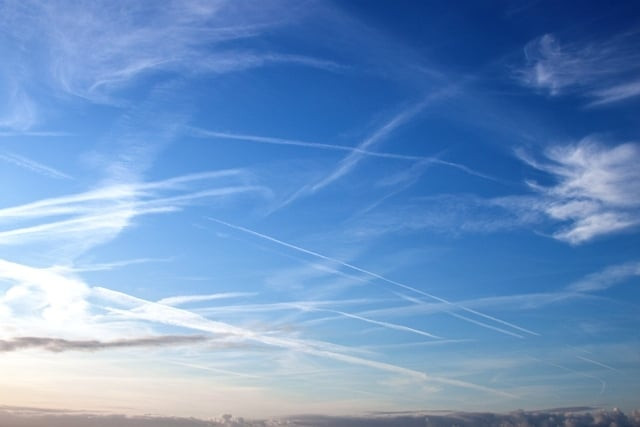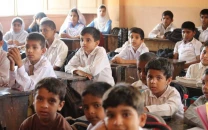‘Climate change at its current trend could cost Pakistan $14 billion a year’
Climate change could cost the economy $14 billion a year due to natural disasters and other losses.

Former environment junior minister Malik Amin Aslam was addressing a seminar on “Outcomes of post-Durban climate change negotiations”, organised by the Pakistan Institute of Development Economics (PIDE) in Islamabad on Thursday.
PIDE Vice-Chancellor Dr Rashid Amjad said, “Instead of upholding individual interests and blaming one another for [greenhouse gas emissions], we should look for practical and collective preventive measures.”
In a detailed presentation, Aslam said that the Durban Climate Change Negotiations were a very important platform to discuss the three major environment challenges like resuscitating the Kyoto Protocol, deliver climate finance to vulnerable countries and how to survive in the overall economic recession.
Pakistan, he said, is a very low emitter of greenhouse gases but one of the worst victims of climate change -- Germanwatch places Pakistan as the “most affected” country for 2010 and in top 10 for 1990-2010.
He said that Pakistan has been focusing on its red lines to ensure that its development pathway not be constrained, “which we have achieved so far.”
He added that Pakistan is highly vulnerable to climate change, which is compounded by the fact that it has a sharply rising emissions future.
Pakistan’s vulnerability, he said, comes from the fact that it is in the region of glacial melting zone, which means living in a neighbourhood of unavoidable “vulnerability”, with the main issue being “water”.
About 90% of the natural disasters in Pakistan are due to the changing climate, he said. “The most alarming thing is that the frequency of these natural disasters is going up with 60% occurring in the past ten years.”



















COMMENTS
Comments are moderated and generally will be posted if they are on-topic and not abusive.
For more information, please see our Comments FAQ